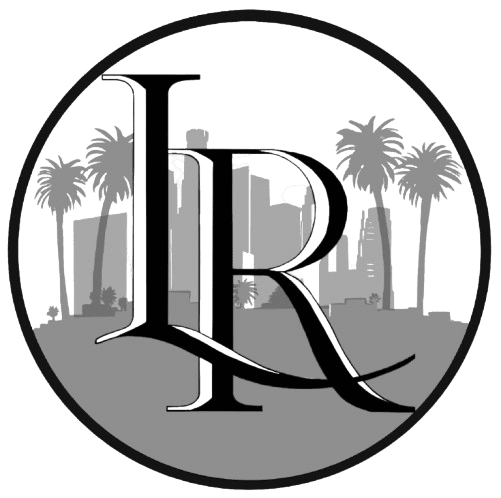At Luxury Rehabs LA, we believe that recovery isn’t a one-size-fits-all journey—it’s a personal process shaped by commitment, support, and treatment. When it comes to overcoming substance use or alcohol use disorders, individuals generally fall into two categories of recovery: passive or active.
Understanding these two approaches can help determine which path offers the best chance for long-term sobriety, wellness, and personal growth.
Understanding Passive Recovery
Passive recovery refers to abstaining from drugs or alcohol without seeking professional treatment or structured support. This might involve someone deciding to quit “cold turkey” on their own, without therapy, medication, group support, or clinical care.
While this approach may seem appealing to those who prefer privacy or self-reliance, it can leave individuals isolated and vulnerable to relapse. Without the benefit of medical supervision or emotional support, passive recovery often lacks the tools needed to deal with stress, cravings, and underlying mental health conditions.
Though it’s possible to maintain sobriety passively, it can feel like walking a tightrope without a safety net. It requires extreme vigilance, and many who take this route often face setbacks due to a lack of accountability or support. Passive recovery can delay healing, make emotional regulation harder, and contribute to feelings of loneliness or shame when challenges arise.
Ultimately, recovery is not just about abstaining—it’s about evolving. And evolution rarely happens in isolation.
The Benefits of Active Recovery
In contrast, active recovery emphasizes participation in structured, evidence-based treatment, including therapy, support groups, medication-assisted treatment (MAT), and holistic care. This method involves both the decision to stay sober and the actions that reinforce that decision every day.
At Luxury Rehabs LA, active recovery means more than attending therapy sessions or completing a detox—it’s about embracing a healthier lifestyle, forming positive connections, and learning to manage emotions and stress without substances. With active recovery, you’re not just stopping substance use; you’re building a foundation for long-term wellness.
Some key features of active recovery include:
-
Participation in individual or group therapy
-
Medical detox and supervision, if necessary
-
Daily lifestyle changes and coping strategies
-
Relapse prevention planning
-
Involvement in sober communities like AA or NA
Unlike passive recovery, which can lead to isolation, active recovery invites guidance, community, and professional insight—all of which increase the chances of long-term success.
Why Professional Help Matters
Many people initially believe they can manage their addiction alone, but the reality is that recovery—especially from severe substance use disorders—often requires medical and psychological intervention.
Substances like opioids, benzodiazepines, and alcohol can cause dangerous withdrawal symptoms. Quitting without medical supervision could pose serious health risks. A licensed addiction professional can assess your condition and recommend the safest treatment plan, which might include detox, residential care, outpatient therapy, or a combination.
If you’re thinking about starting your recovery journey, call Luxury Rehabs LA today at (844) 897-3268. Our compassionate team is here to support you every step of the way, from detox to long-term aftercare.
Preparing for the Recovery Journey
Here are several practical steps to prepare for successful recovery:
1. Consult a Professional
Speak with a healthcare provider or mental health professional about your decision to quit. They can evaluate your condition and recommend the right level of care—whether it’s medical detox, residential rehab, or outpatient therapy.
2. Anticipate Withdrawal
Depending on the substance, withdrawal symptoms can range from mild to life-threatening. Your treatment team may provide medications or therapies to ease this process safely.
3. Clear Your Environment
Remove substances and triggers from your home—alcohol, prescription pills, smoking accessories, etc. Create a space that promotes healing and peace.
4. Find Your Healthy Distractions
Keep activities or items that can distract you during cravings—books, healthy snacks, art supplies, or fitness gear. Staying occupied helps rewire the brain and reduce temptation.
5. Build Your Support Network
Tell trusted friends and family members about your recovery goals. Their encouragement can be a powerful motivator. Consider joining a recovery group to stay connected with others who understand the journey.
Choose Recovery That Works
Whether you’re considering recovery for the first time or returning after a relapse, the decision to seek help is a courageous first step. At Luxury Rehabs LA, we offer a personalized, compassionate, and confidential approach to recovery—one grounded in professional care and proven success.
Your recovery doesn’t have to be passive or lonely. Call (844) 897-3268 today to speak with our team about treatment options tailored to your needs. Your healing begins now.
